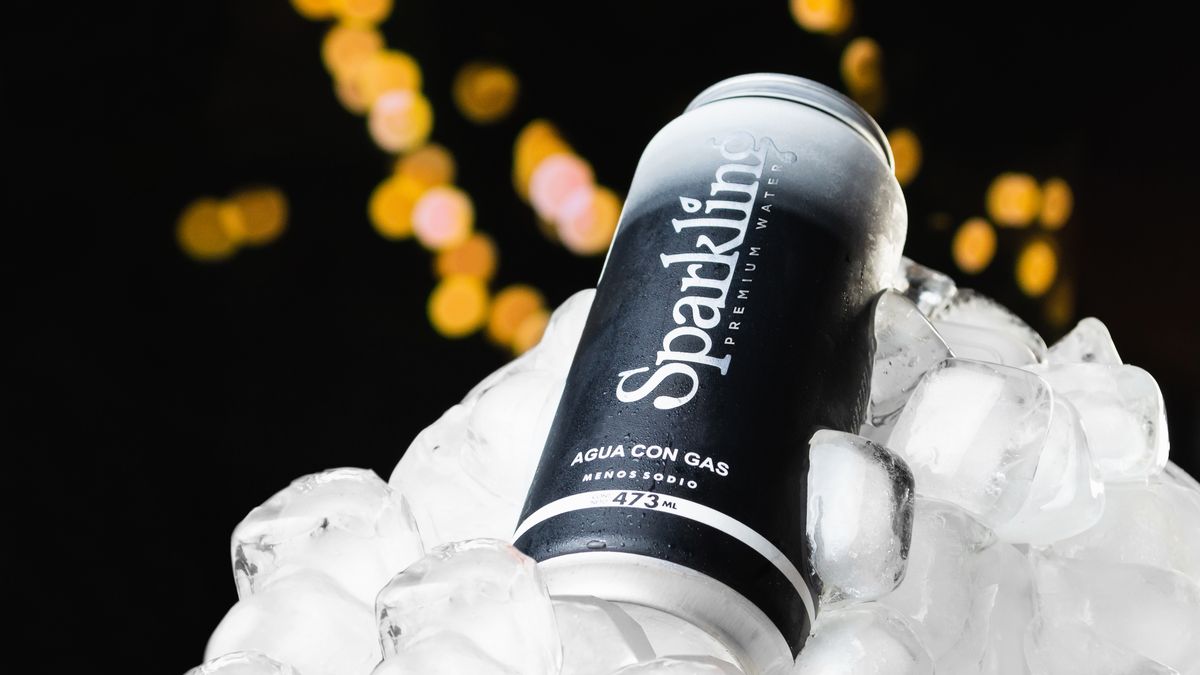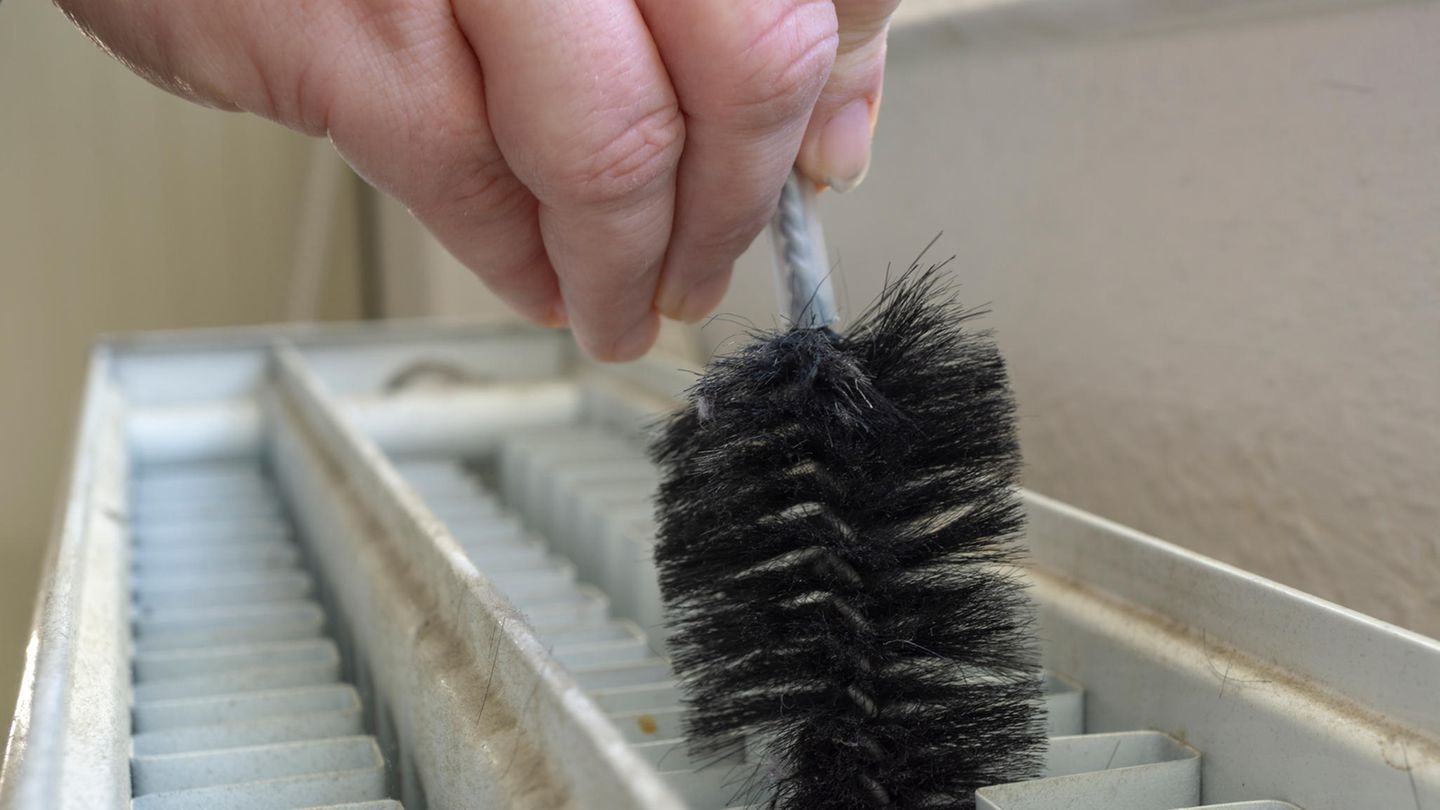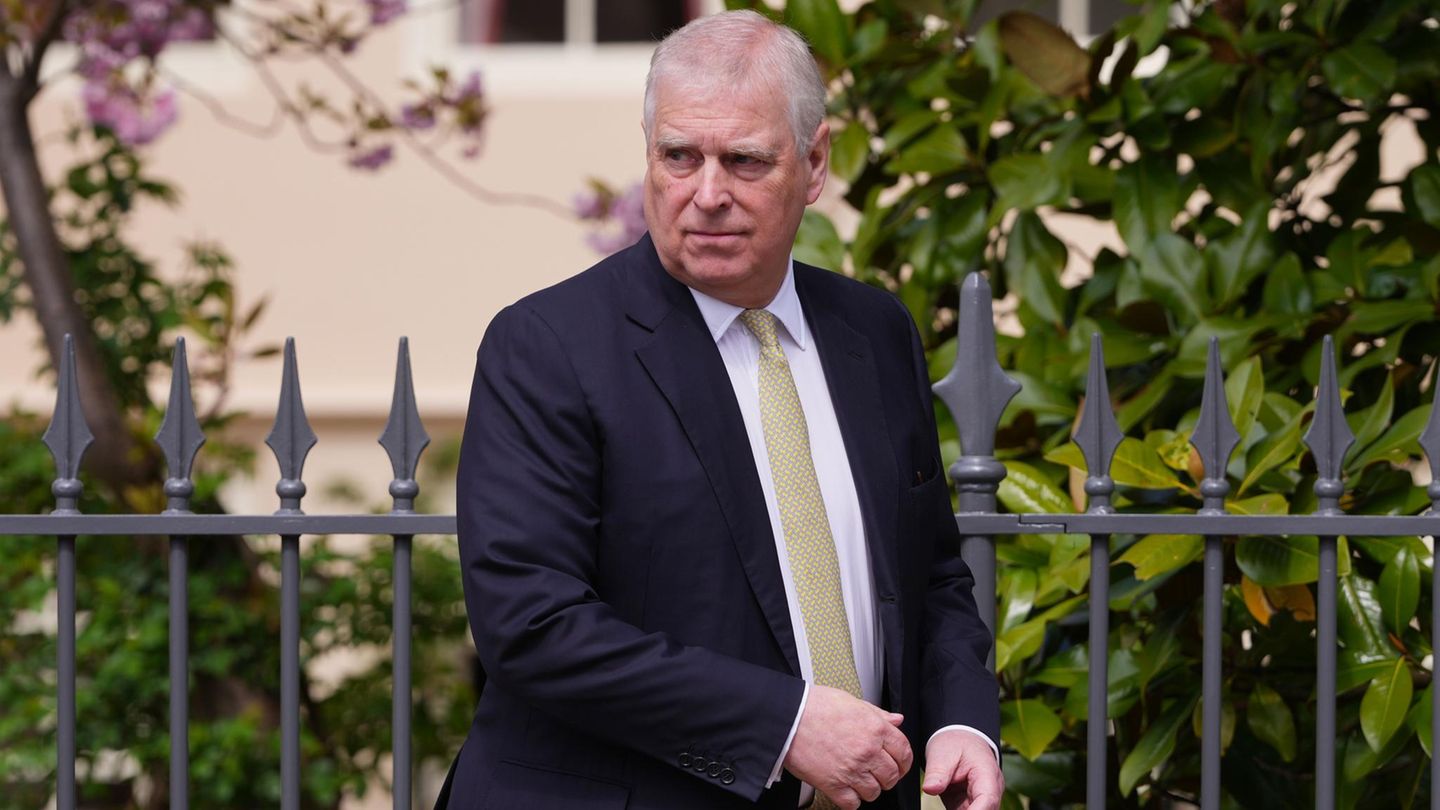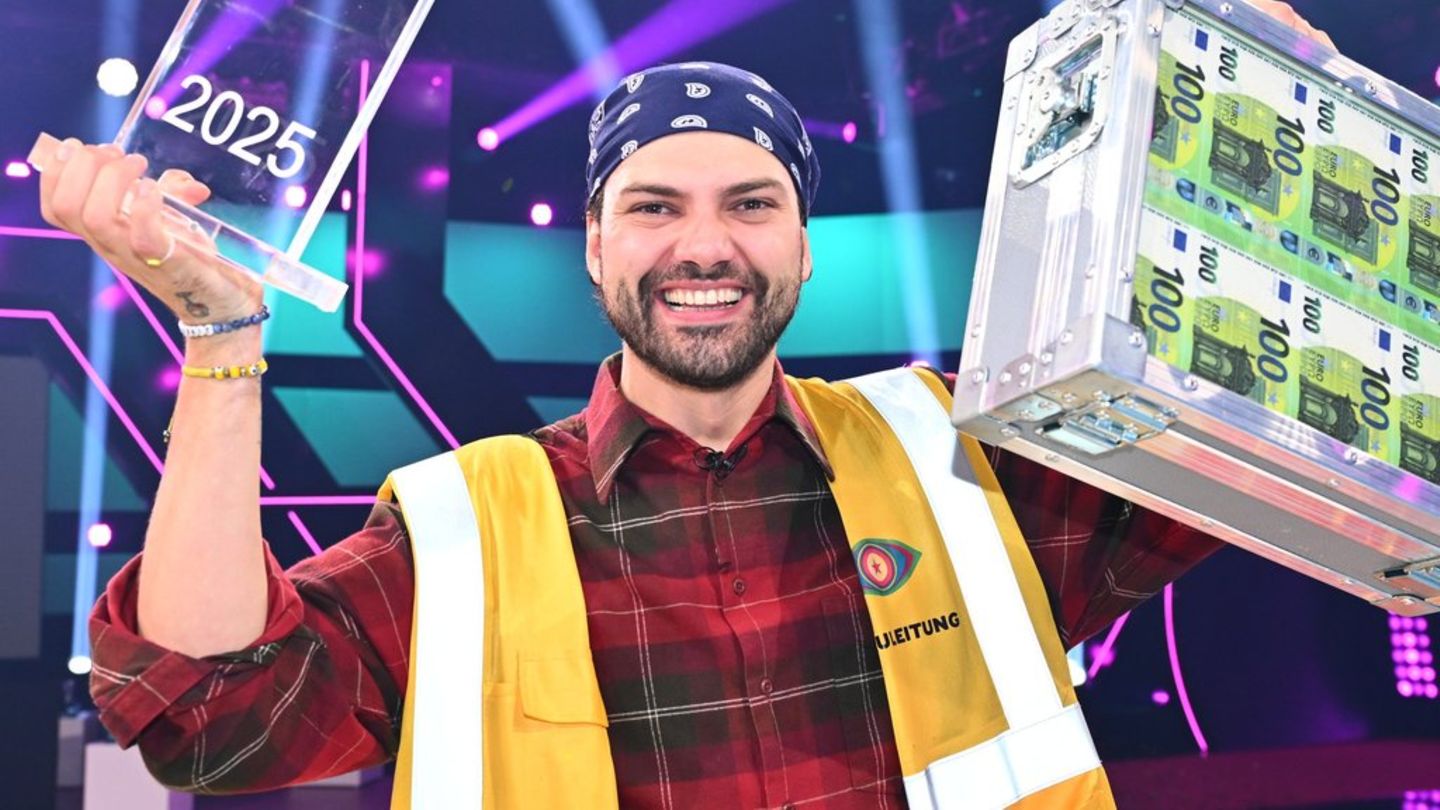Kevin Pedreira is part of a family with a long tradition in the bottled water business. He is the great-grandson, grandson, son and nephew of soda salesmen.
In 2022, he led a group of entrepreneurs with vast experience in the water bottling sector with the aim of buy the Argentine brand Sparkling, which at that time belonged to the North American group Culligan.
Culligan Water is a leading global water treatment solutions company, founded in 1936 in the United States. Recognized for its focus on innovation and quality. But the country’s political and economic instability made it decide to sell its local operation.
At that time, Sparkling was a market leader in premium water distribution for businesses (office dispensers). And with the return of the brand to Argentine hands, the new owner decided to expand its scope of action, entering the home market dominated by brands Ivess and Cimes.
“My family is of all life in the water and soda sector. My great-grandfather started, then my grandfather came, then my dad and my uncle, and then me. In 2022 there will be the possibility of buying Sparkling, which was a leader in the sale of water for companies,” recalls Pedreira in conversation with Scope.
“And since we entered, without losing the essence of continuing to be leaders in the business market, We began to focus on reaching the final consumer, homes, restaurants, supermarkets”he explained.
Within this framework, in 2023 they made the first attempt to launch a major innovation: premium mineral water in aluminum can. They developed the entire production scheme, designed the prototypes of the cans, and even made the advertisement; but they encountered an insurmountable problem: nor they were able to ensure the supply of the necessary aluminum due to the restrictions that applied to imports.
But, as is often the case with Argentine SMEs that are characterized by their resilience, did not give up. And now, just beginning 2025, They reactivated the project, with an investment of $120 million to adapt the production lines in its plant located in the Buenos Aires neighborhood of Chacarita.
“In that search to be closer to the final consumer, we had the idea of starting with the canned product, which It is something innovative and it is a trend worldwide. And this product is a product that helps us people are closer, “Have the brand in your hand,” added the CEO and owner of Sparkling.
Argentina aligns itself with the global trend of sustainability in water consumption
The new line of sparkling and still mineral water in 473 cm3 cans has the characteristic of have less sodiuman option designed to put the company in tune with the global trend towards the consumption of healthier products.
This release, which aims to market 40,000 cans monthlyjoins the offer of traditional 12 and 20 liter bottles, which are also sold under the same brand.
“Canned water is a global trend due to its focus on sustainabilityoffering a practical and recyclable solution that responds to the growing demand of consumers who prioritize more environmentally responsible options,” explained Kevin Pedreira.
Aluminum cans have always been associated in consumer memory with sodas and beers, although in recent years the format was also adopted in the wine and cocktail industry. The use of aluminum is an alternative more sustainable than glass, due to its recycling potential and the lower amount of water required for its manufacture.
The company supplies more than 20,000 homes between homes, businesses and companies. Sparkling’s processes comply with international standards: certifications with ISO 9001 (quality management), ISO 14001 (environmental management), and ISO 45001 (occupational health and safety), in addition to the Argentine Food Code at each stage of production. .
Currently, Sparkling It has more than 160 employees and operates from its plant located in the Autonomous City of Buenos Aires, with capacity for process 6.4 million liters of water per month. There also has a microbiological analysis laboratory.
Furthermore, it has bottling plants in the cities of Córdoba and Rosario, and a logistics network made up of 15 distributors and 40 urban distribution units.
Source: Ambito




